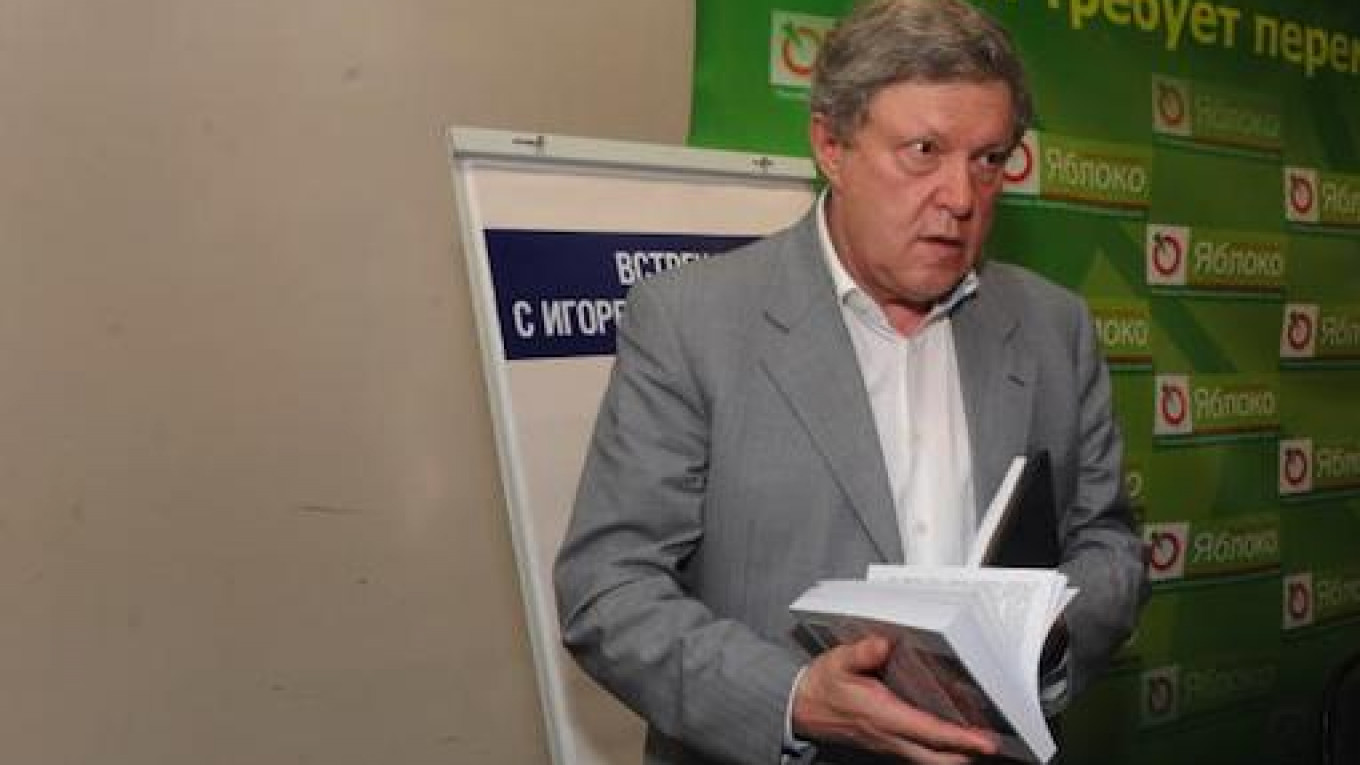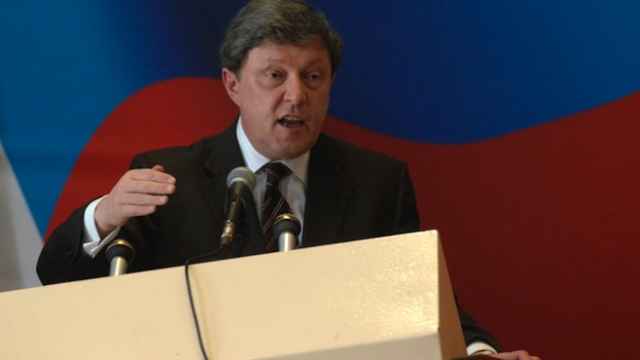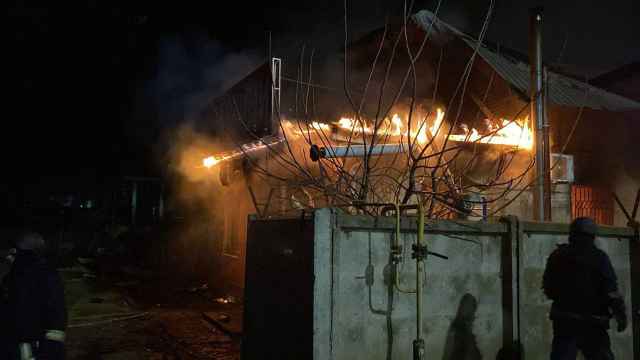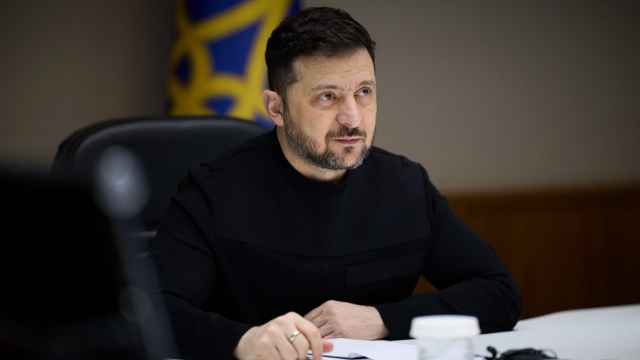Russia's annexation of the Crimean peninsula in March 2014 set the scene for a new collision in Russian politics, as the Kremlin struggles to decide how to deal with those who disagree with the official line on the annexation.
In September 2015, Rafis Kashapov, a political activist from the Russian republic of Tatarstan, was sentenced to three years in prison after he stated online that the annexation of Crimea was illegal.
Kashapov was charged with encouraging separatism, a crime introduced to the Russian Criminal Code in 2013, and first applied after the annexation.
In April 2016 Alexander Bastrykin, the head of Russia’s Investigative Committee, suggested introducing a special law specifically punishing those who dispute the outcome of the Crimean referendum.
Now, however, a political party has announced in its electoral program that it considers the referendum — when the population of Crimea voted to join the Russian Federation — illegal.
“It was rushed, outside of any correct legal process and under the 'security' of Russia’s armed forces,” according to liberal Russian opposition party Yabloko’s electoral program, unveiled at a party convention on Saturday.
“We are for the inviolability of borders in Europe. We are for the territorial integrity of Ukraine and we believe that Crimea belongs to Ukraine,” the program states.
The deputy governor of Crimea’s Sevastopol, Alexander Reshetnikov, has already demanded that Yabloko be investigated for extremism after its statement that the peninsula's referendum to join Russia was illegal, the Interfax news agency reported Saturday.
Yabloko’s “provocative ideas” are “public calls to break up the territorial integrity of the Russian Federation,” Reshetnikov said.
The statement makes Yabloko the biggest political force challenging Russia’s official line on the internationally disputed status of the Crimean peninsula. The PARNAS political party led by former Russian Prime Minister Mikhail Kasyanov has also condemned Russia's annexation of Crimea.
Yabloko's electoral program also proposed the demilitarization of the country, an alternative concept of patriotism and the development of new relations between the media and the government, the RBC newspaper reported.
Lev Shlosberg, winner of the inaugural Boris Nemtsov Prize for defending democratic values in Russia, will stand for Yabloko in the Pskov region. He was awarded the prize following his investigation into the deaths of 12 Russian soldiers from the Pskov region, whom he believed were killed fighting for separatist forces in eastern Ukraine.
Dmitry Gudkov, the only oppositional voice in the current Duma, also made Yabloko’s party list. He’s running in one of Moscow's electoral districts.
The head of the pro-Russian “Sevastopol-Crimea-Russia” movement announced that he will ask the Federal Security Service (FSB) and Russia’s electoral committee to check if Yabloko should face criminal charges for the Crimea clause in its program.
“The FSB has to come to a decision — that Yabloko’s convention was a manifestation of extremism, that is incompatible with political party activity,” movement leader Valery Podyachy said in a statement.
These appeals to investigate Yabloko came after the Kremlin became irritated when Yabloko included Shlosberg and Gudkov on its party list, Russia’s Vedomosti newspaper wrote, quoting an unidentified source close to the party.
There is no consensus within the Russian government on how to deal with those who challenge the official line on Crimea, political analyst Alexei Makarkin told The Moscow Times.
There are two points of view: one in favor of including the dissenting opinion on Crimea in the political discussion, but the second wants to class this dissenting opinion as hostile and subversive.
For the Russian authorities, though, the dilemma is hardly pressing. Yabloko, as well as PARNAS, according to the latest poll by the Levada Center pollster, have electoral ratings of less than 1 percent.
The threshold at parliamentary election is set at 5 percent.
“If Yabloko somehow get a boost, then the Kremlin will have to find an answer to this question,” says Makarkin.
A Message from The Moscow Times:
Dear readers,
We are facing unprecedented challenges. Russia's Prosecutor General's Office has designated The Moscow Times as an "undesirable" organization, criminalizing our work and putting our staff at risk of prosecution. This follows our earlier unjust labeling as a "foreign agent."
These actions are direct attempts to silence independent journalism in Russia. The authorities claim our work "discredits the decisions of the Russian leadership." We see things differently: we strive to provide accurate, unbiased reporting on Russia.
We, the journalists of The Moscow Times, refuse to be silenced. But to continue our work, we need your help.
Your support, no matter how small, makes a world of difference. If you can, please support us monthly starting from just $2. It's quick to set up, and every contribution makes a significant impact.
By supporting The Moscow Times, you're defending open, independent journalism in the face of repression. Thank you for standing with us.
Remind me later.






